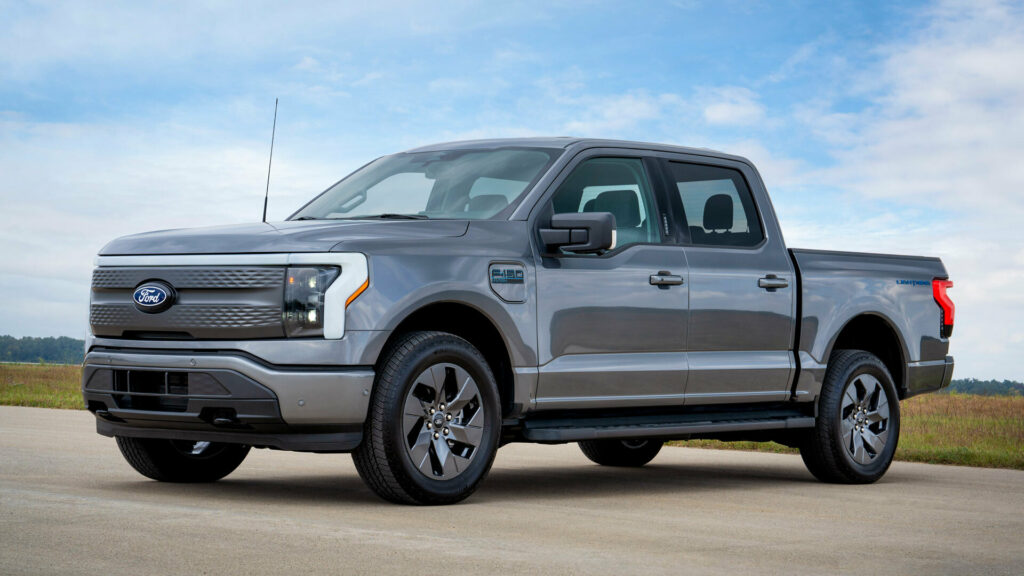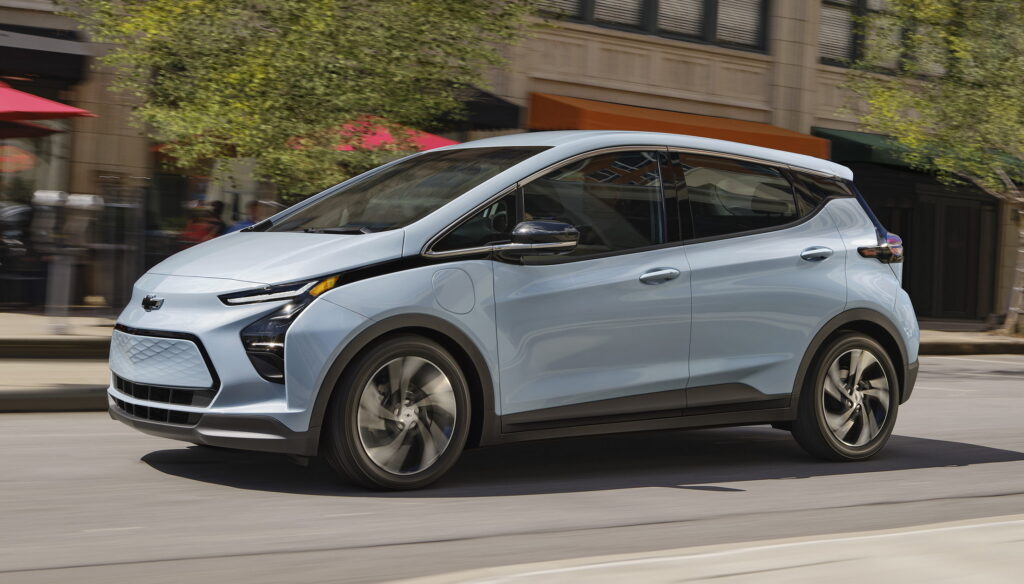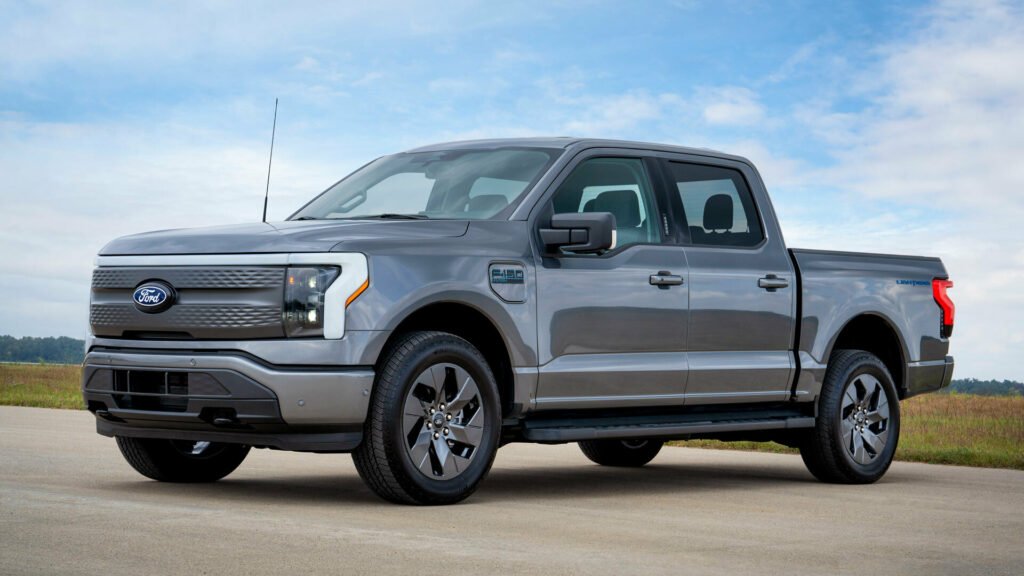
- Senator Joe Manchin is urging US companies to sue the Treasury Department over IRA content rules and claim damages against manufacturers.
- Manchin criticizes the Treasury Department for halving local content requirements, increasing dependence on Chinese supply chains.
- The final rules allow the use of Chinese minerals in EV batteries until 2027, prompting pushback from Manchin.
The Inflation Reduction Act (IRA) has seen its fair share of controversy. Now, in a new development, US Senator Joe Manchin has called on US companies to sue the Treasury Department. Senator Manchin claims that American manufacturers have been harmed by the content rules.
var adpushup = window.adpushup = window.adpushup || {que:()}; adpushup.que.push(function() { if (adpushup.config.platform !== “DESKTOP”){ adpushup.triggerAd(“4d84e4c9-9937-4f84-82c0-c94544ee6f2a”); } else{ adpushup.triggerAd(” 6a782b01-facb-45f3-a88f-ddf1b1f97657″); } });
At a Senate committee hearing, Senator Manchin told US Treasury Secretary Janet Yellen that the Treasury Department had halved the local content requirements from the original language in the law. As a result, the senator not only said he was encouraging every U.S. manufacturer to sue the Treasury Department, but also stated he would “file the amicus brief on (their) behalf.”
Read: New changes to EV tax credits could make more vehicles eligible
Manchin, who recently left the Democratic Party to become an independent, has been an outspoken critic of the Treasury Department’s implementation of the IRA, arguing that it undermines U.S. manufacturers by increasing dependence on Chinese supply chains.

According to ReutersHe specifically cited the Treasury Department’s grant to automakers to continue using Chinese graphite and other crucial minerals in battery production for another year as a violation of the law’s intent. The West Virginia senator emphasized that the IRA is designed to reduce dependence on Chinese supply chains, a goal he claims Treasury Department rules fail to meet.
window._taboola = window._taboola || (); _taboola.push({ mode: ‘thumbnails-a-mid’, container: ‘taboola-mid-article’, placement: ‘Mid Article’, target_type: ‘mix’ });
window._taboola = window._taboola || (); _taboola.push({ mode: ‘thumbnails-oc-2×1’, container: ‘taboola-mid-article-thumbnails-organic’, placement: ‘Mid Article Thumbnails Organic’, target_type: ‘mix’ });
Last month, the US government finalized rules on the $7,500 clean vehicle tax credit, allowing more electric vehicles to qualify. Among the many changes, a new “tracked qualifying value-added test” has been added, allowing manufacturers to continue using the 50 percent roll-up outlined in the proposed regulations as a transitional rule through 2027.
var adpushup = window.adpushup = window.adpushup || {que:()}; adpushup.que.push(function() { if (adpushup.config.platform !== “DESKTOP”){ adpushup.triggerAd(“5646c171-cb6e-4e2c-8440-49013ca72758″); } else{ adpushup.triggerAd(” e7c4c913-3924-4b2d-9279-6c00984dd130″); } });

